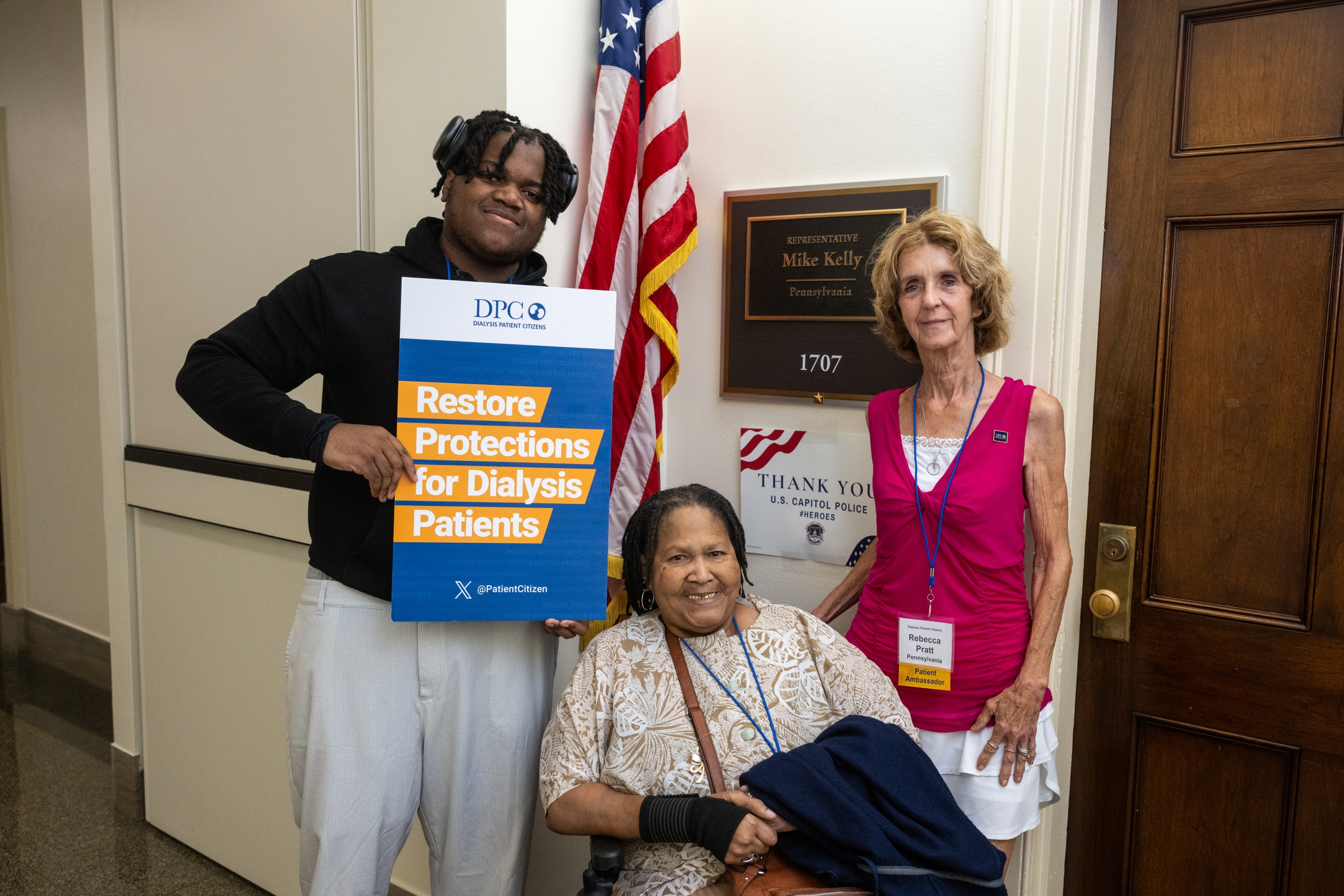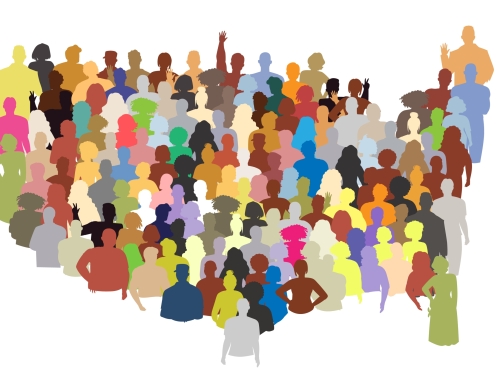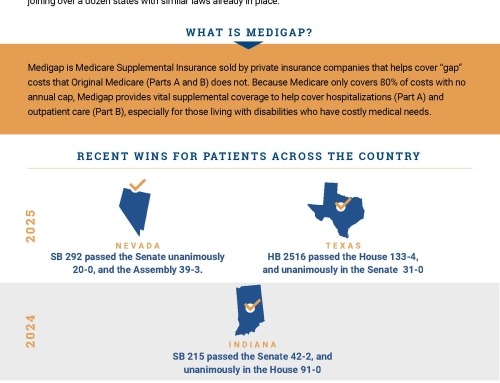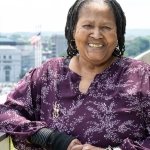
Maria Robinson, DPC Board Member
I’ve lived with kidney disease for most of my life. Nearly 30 years ago, I began my dialysis journey. Like so many patients, I was not fully prepared for such drastic change. I had to give up my dream job in order to take care of myself. I felt like I was losing the life I had worked so hard to build. Yet, over time, I realized that kidney failure was not the end of my life, but rather the beginning of a new one. It’s one filled with challenges, yes, but also filled with purpose, strength, and community.
When I first started dialysis, I was fortunate enough to have strong coverage. I used Medicare as my primary coverage, had private insurance as a secondary, and received additional help from the National Kidney Foundation. That combination of coverage was critical. It allowed me to access the medications I needed and see the specialists who understood how to manage my condition. I could still make choices about my treatment, and I was able to focus on adjusting to my new normal without the constant fear of how I was going to pay for it. As a board member for Dialysis Patient Citizens (DPC), I’ve encountered many dialysis patients who aren’t so lucky.
Eventually, I had to stop working. When I did, I lost access to my private insurance. I applied for Medicaid as a supplement, but the difference in coverage was hard to ignore. I ended up joining a healthcare group to improve my coverage, but I knew that many patients did not have that option. Without private or supplemental insurance, too many like me must make overwhelming sacrifices, or else fall into medical debt. No one should have to choose to forgo basic necessities to pay for dialysis treatment. But I’ve encountered many dialysis patients who have to make those tough choices.
Throughout my journey, I’ve worn many hats. In addition to being a patient, I am also a dialysis technician. That experience gave me a window into the challenges that clinics face every day. I saw firsthand how funding constraints lead to longer hours for staff and fewer resources for patients. I saw how overworked nurses and techs had to stretch themselves thin to provide care. And I saw how patients in rural areas, like those I met when I lived in Georgia, had to drive long distances multiple times a week just to receive the treatment that keeps them alive. When those centers struggle with staffing or outdated equipment, patients suffer.
Despite the challenges, dialysis patients inevitably find ways to live full, meaningful lives. The challenges are just that, challenges, but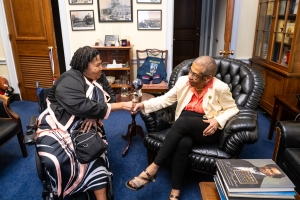 not insurmountable obstacles. I have worked, raised a beautiful daughter, and now I get to enjoy time with my granddaughter. I volunteer, advocate, and serve on the Board of Directors for Dialysis Patient Citizens. I use my voice to fight for change, because I know how powerful it is when people in our community speak up. Whether it is writing to CMS about inadequate reimbursement rates, urging members of Congress to pass legislation, or helping to lead DPC, the foremost advocacy organization for dialysis patients, I believe that patient voices need to be heard.
not insurmountable obstacles. I have worked, raised a beautiful daughter, and now I get to enjoy time with my granddaughter. I volunteer, advocate, and serve on the Board of Directors for Dialysis Patient Citizens. I use my voice to fight for change, because I know how powerful it is when people in our community speak up. Whether it is writing to CMS about inadequate reimbursement rates, urging members of Congress to pass legislation, or helping to lead DPC, the foremost advocacy organization for dialysis patients, I believe that patient voices need to be heard.
Dialysis is a tool to keep me alive. But I do more than survive. I thrive. I live a fulfilling, productive life. I hope that my story shows how kidney disease does not define us. It shapes us, yes, but it also reveals what we are capable of.
To every patient reading this who feels overwhelmed, I want you to know that you are not alone. There is a community here that understands what you are going through.
We have chosen to live, fight, advocate to lawmakers in DC. We work, we raise families, we support one another, and we keep moving forward. Kidney disease may be part of our story, but it is not the whole story. Never give up.
I did not choose kidney failure, but I have chosen how to face it. Every day, I choose life.

